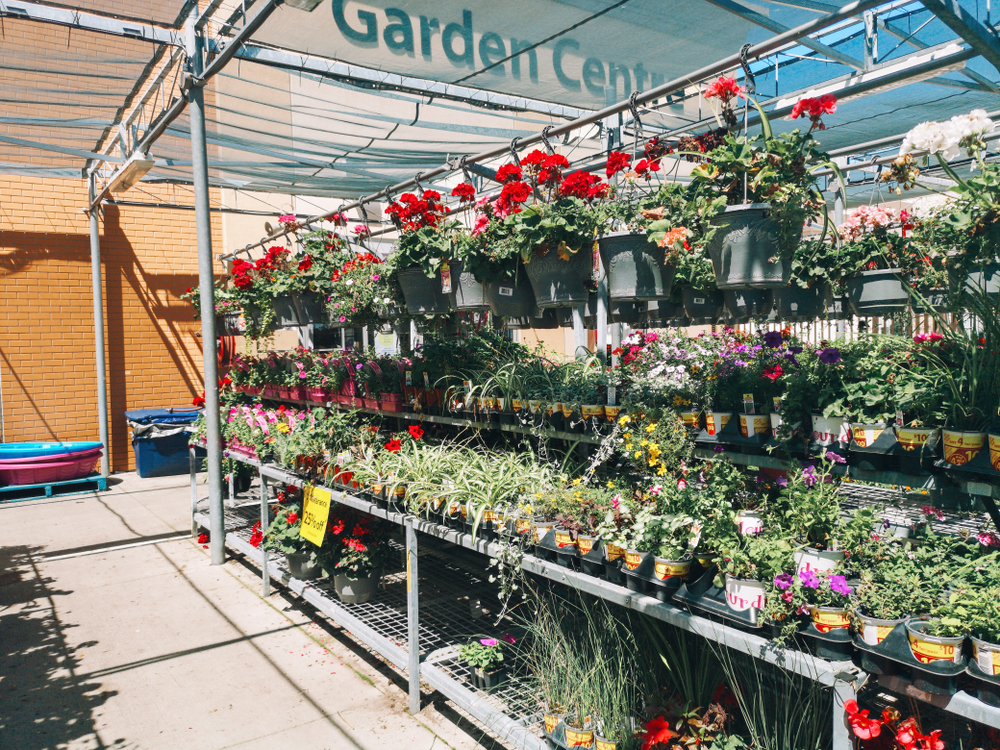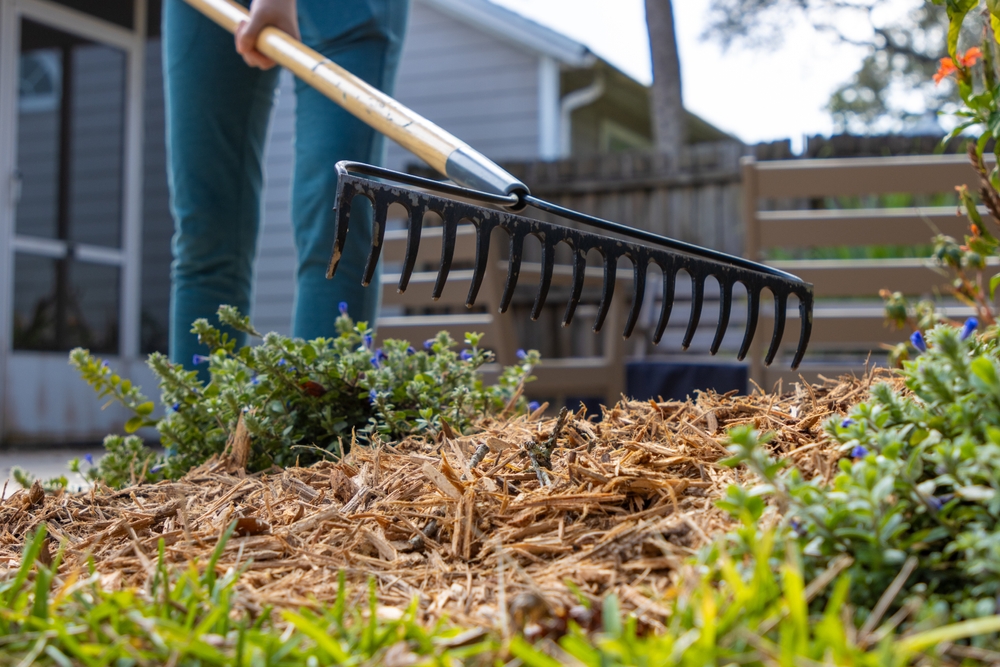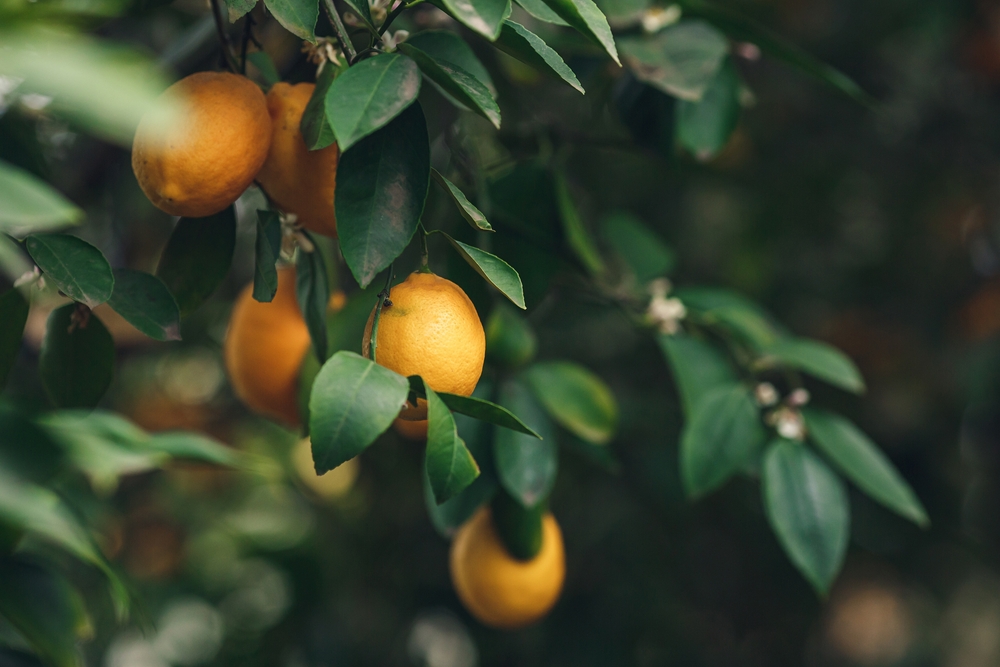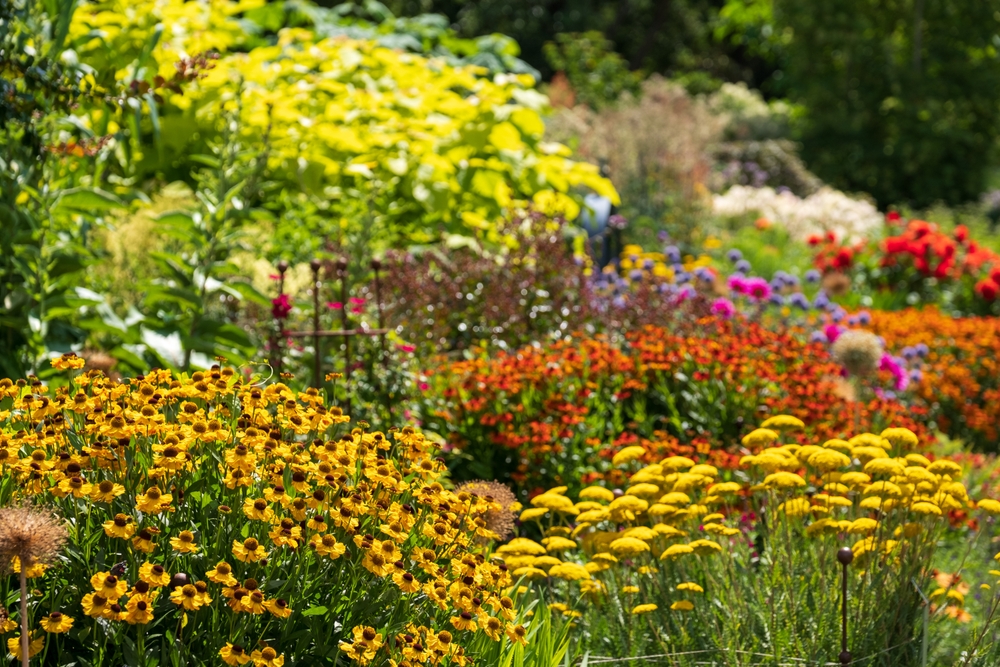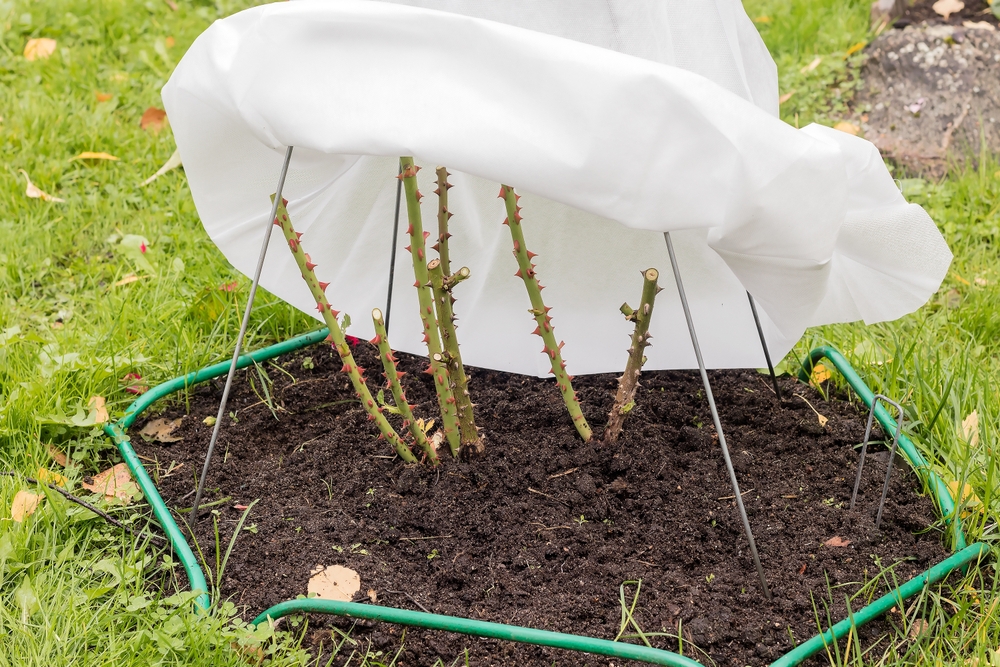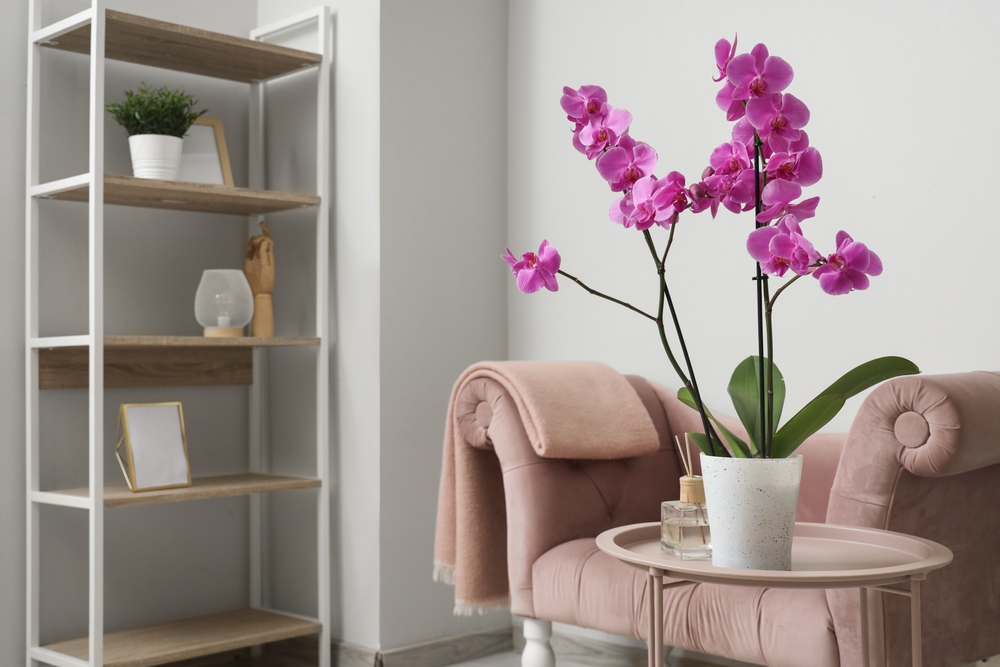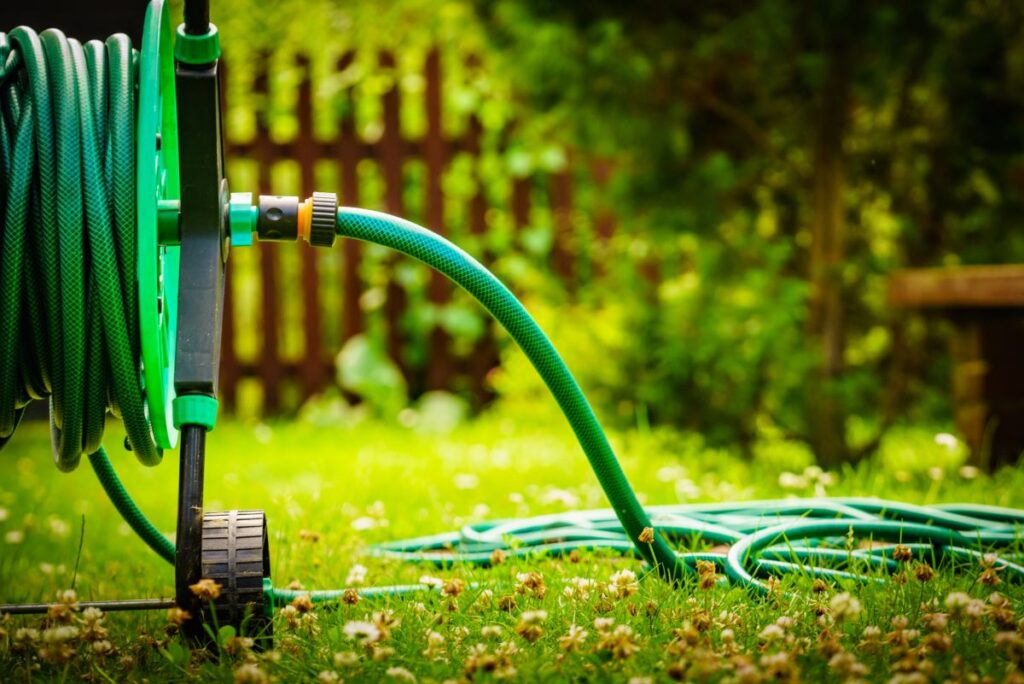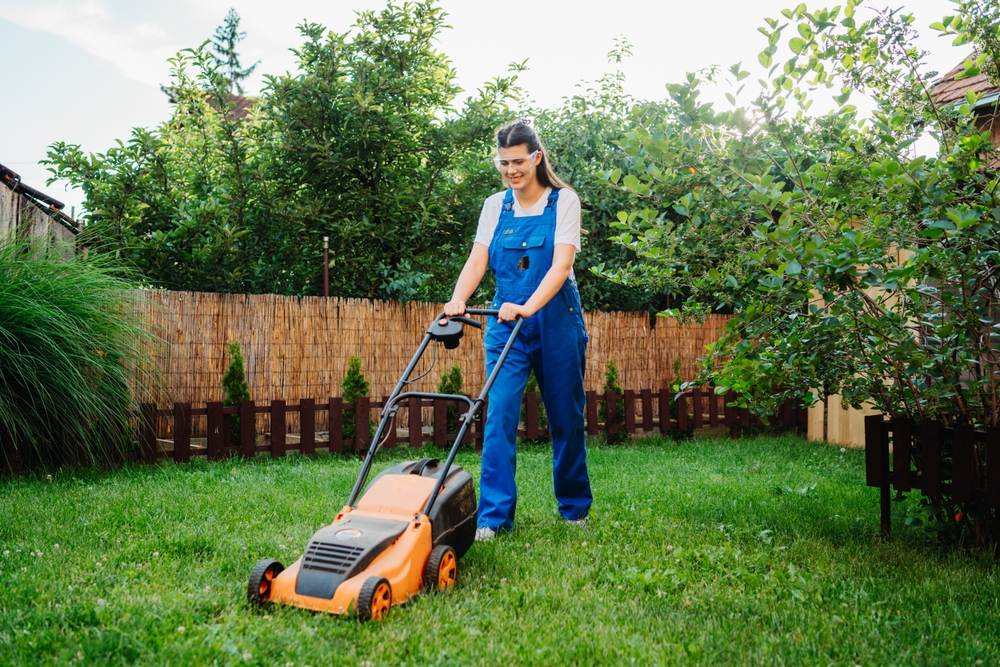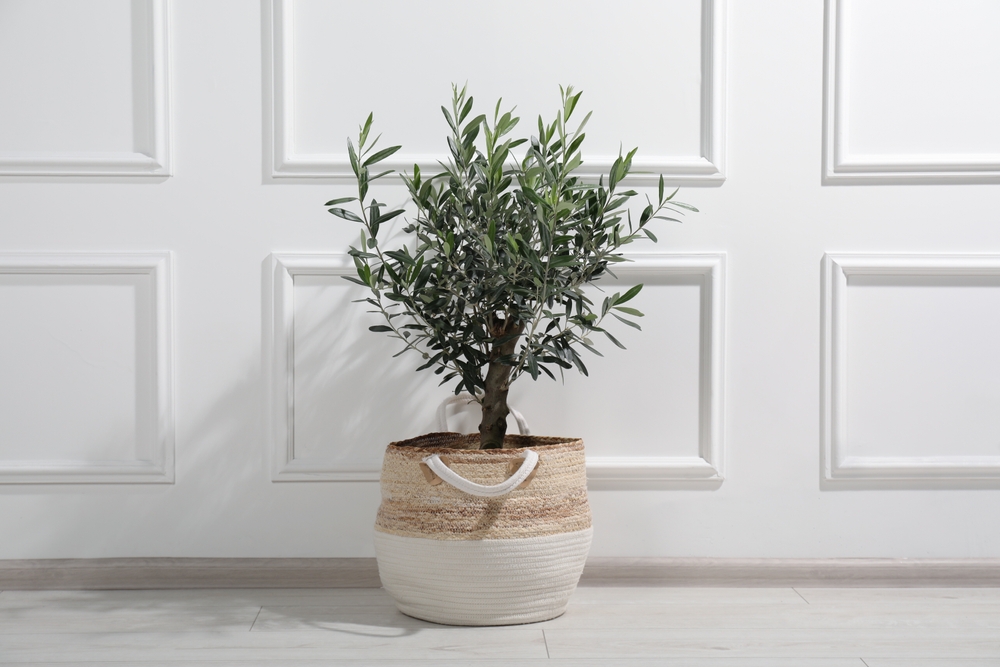Learn how to take better care of your herbs!
Fresh and dried herbs are an amazing addition to your dishes, and having them in your kitchen all year long is something all of us wish for. The problem is that as soon as the winter comes, people don’t know what they should do to keep their herbs alive.
And we totally get it! It seems like the cold months are the cruel enemy of our plants, and taking care of them the proper way can be quite tricky. The needs of your herbs change a little during winter, and you are here to find out all about it.
Some of them need extra protection, some need to be watered on a different schedule, or you’ll even have to bring them inside. These are things anyone can learn, so you don’t have to despair. You can still have the freshest herbs even when the temperatures drop! Ready to keep your garden lush?
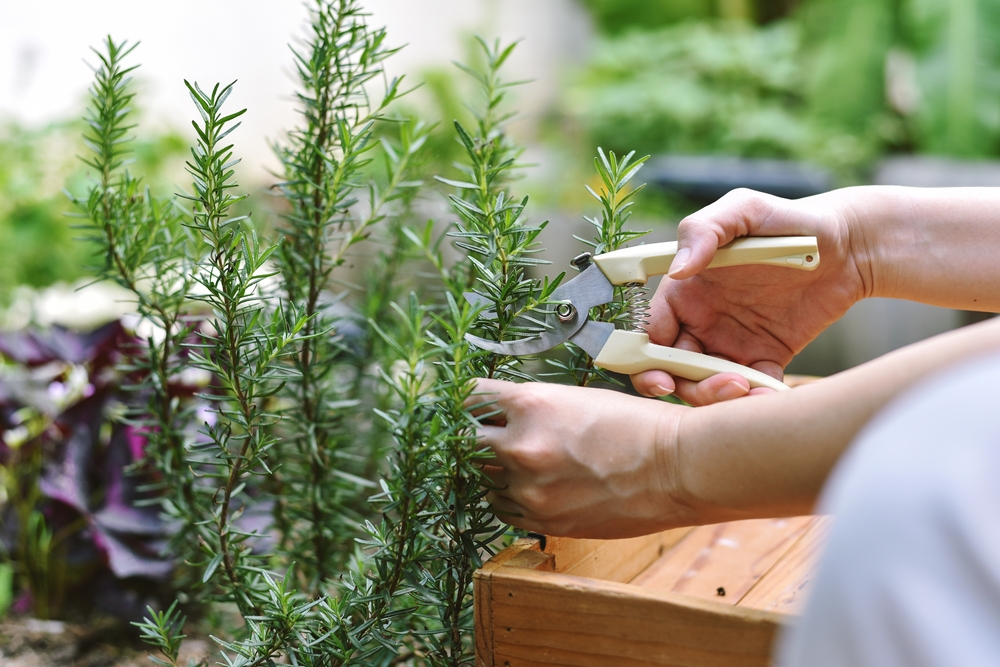
Cut them
If you have tall, woody, perennial herbs around, you need to know that winter is the best time to prune them. Rosemary, lemon verbena, and bay laurel grow the most during the colder months. This is also the moment when you should cut them back until they are about four to six inches above the soil since this is the most effective method to help them develop strong and healthy root systems. They need powerful roots to successfully survive the harsh winter.
If you are wondering why you should wait until frost to do all of this, we are here with the answer. Doing it earlier will stimulate new growth, and we know that the fresh leaves seem to be a good sign; they are so vulnerable that they will perish in the cold weather.
A sudden freeze can damage tender shoots, and this will take the whole energy of the plant to repair them, depleting the roots of the energy they need the most to help the plant survive. Your herbs focus solely on strengthening their roots for the winter ahead, and this is a thing that should stick with you.
Also, don’t waste the trimmings! Save them and use them to add flavor to your cooking. Dried rosemary sprigs are perfect for steak, and bay leaves can make any soups and stews better than ever.
Transfer them indoors
Leaving most herbs outside will more than surely kill them, and the best measure against this is to simply move all of them inside where it is warm and nice. This sounds very simple, but there are a couple of things you should be careful about.
For example, changing the environment so suddenly can create shock. You don’t want that, and this is why it’s a good idea to start by moving your plants inside at night and then take them out again as soon as the sun is up. Do this back-and-forth dance for a few days so you can be sure your herbs will adapt smoothly to the new conditions.
What other things should you know? Placement is key! Herbs like basil, rosemary, and thyme should stay in bright light, so a sunny windowsill or south-facing spot is ideal. Then for the plants that can tolerate low light, a cool, draft-free corner is the best.
There is also one thing that should not scare you. If your plants look a little bit out of life, you should not be scared because growth naturally slows in winter, and some will get back to normal once they adjust to indoor life.
Try overwintering pots
Winter is a real challenge for potted herbs, and you are the one who can help them have a more comfortable stay during the colder months. Garden plants have insulation from surrounding soil, but potted plants lack this and are more exposed to the elements, leaving their roots vulnerable to freezing and thawing cycles.
With a little bit of preparation, you can help them survive, and you can start by choosing the right plants that have higher chances to survive outside. Look for herbs that are hardy two zones lower than your growing zone.
For an extra layer of protection, you can try to mimic the nature. Consider sinking your pots into the soil; in this way, your plants will be more shielded against temperature changes.
Insulation is the thing that will save your herbs, and you should never underestimate it. Also, surround your pots with mulch made of shredded bark, straw, wood chips, or even bagged leaves.
Don’t let the wind win this fight
Winter winds can be cruel, and the frost can immediately steal the moisture of your herbs, leaving them all dry and stressed. So, this means that protecting your plants from winds is essential, and you should take all the appropriate measures.
First thing first, move your beloved plants to the most sheltered area of your yard. This will make things so much easier. Evergreen trees, dense hedges, or garden walls are excellent windbreaks. But make sure your plants still receive enough sunlight.
If this is not possible or you just want more protection, creating a temporary screen is always a good idea. Straw bales are amazing for this purpose, or bagged leaves can work great, offering protection and also insulation. In case you are a fan of structure, then you can go with burlap panels, but make sure they are tall enough to block winds without stopping air circulation.
Rooting them in water
Want fresh herbs all winter long? Rooting cuttings in water is an easy way to grow your favorite herbs during the colder months without needing to complicate things. You will no longer have to deal with soil and watering the plants. Herbs like basil, mint, and thyme love to root in water, and this allows you to have them around your kitchen all year round.
How do you make this come true? Start by taking 4-6 inch cuttings from healthy, green stems, then get rid of the lower leaves and place the cuttings in a shallow glass jar or container.
Make sure you place the container somewhere with a bright sun because this is the only way to help the plants develop healthy roots more easily. Remember that shorter stems work the best because they don’t consume too much energy and can easily void rot and let the plant focus on developing the roots.
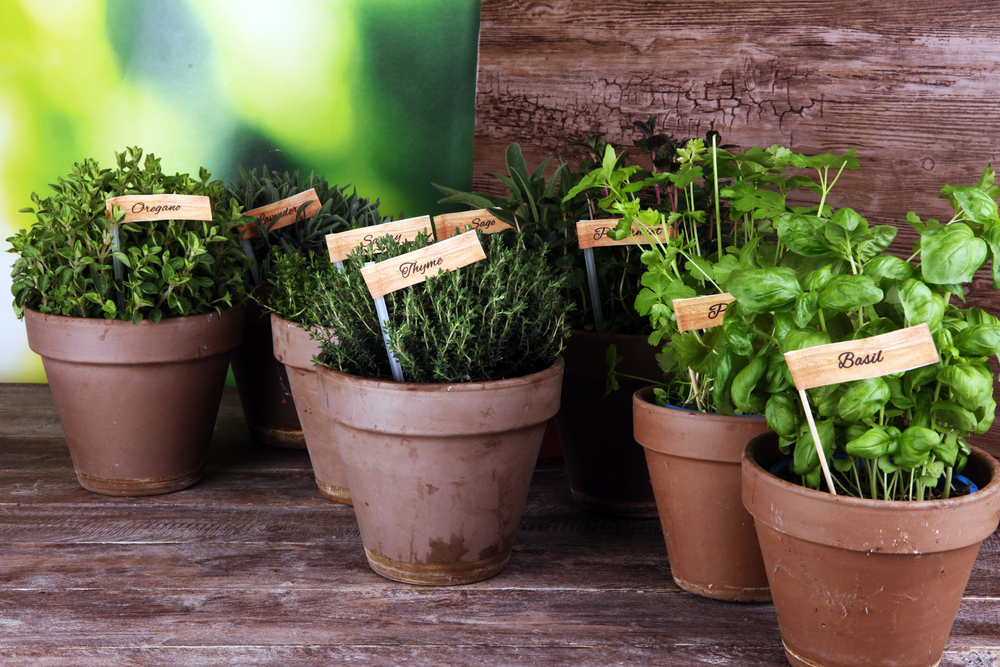
Move them into an unheated space
Maybe you want to move them inside your home, but sometimes this is not necessary because there are many herbs that can survive perfectly if they are only placed in a more sheltered environment. For them, an unheated area like a garage, basement, or cold frame can be the perfect solution.
When you’ve decided that this is the path you want to follow and you are ready to move your herbs into an unheated space, aim for a temperature of 40-60°F since this will keep them in dormancy without shocking their system.
Another thing is that these spaces don’t need to be completely bright, but a little bit of sunlight is more than welcome. For example, positioning plants near a window can help, but they can also tolerate lower light conditions.
For even more protection you can try: NuVue Products 22250 Winter Snow and Ice Covers for Plants
You should also read: 14 Winter Gardening Hacks to Keep Your Plants Healthy

